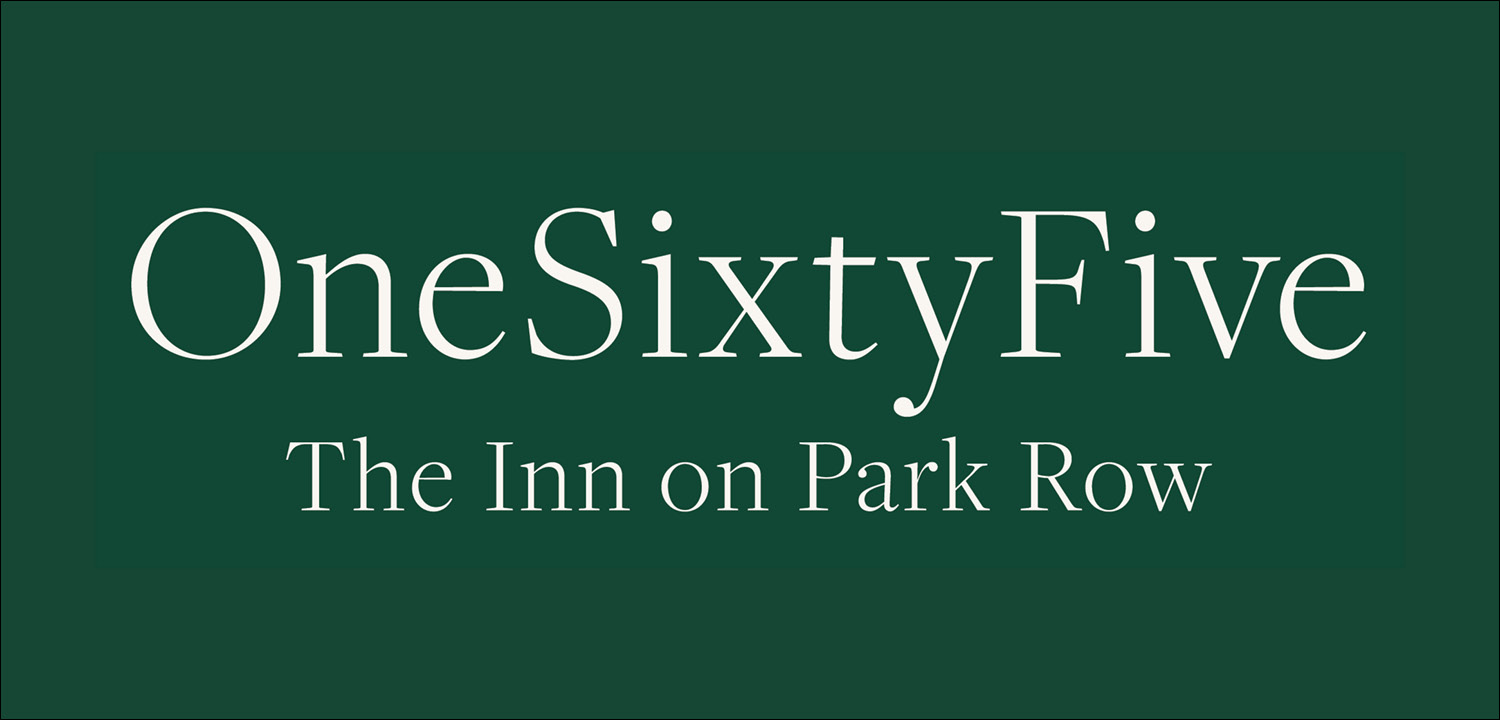- This event has passed.
Orli Shaham plays Mozart
LUDWIG VAN BEETHOVEN (1770-1827)
Septet in E-flat Major, Op. 20
- Adagio – Allegro con brio
- Adagio cantabile
- Tempo di menuetto
- Tema con variazioni. Andante
- Scherzo. Allegro molto e vivace
- Andante con molto alla marcia – Presto
Alan Kay, clarinet • Nina Laube*, bassoon • Susannah Greenslit*, horn • Kyung Sun Lee, violin • Maiya Papach, viola • Ahrim Kim, cello • Jeremy McCoy, bass
*Fellows
— Intermission —
WOLFGANG AMADEUS MOZART (1756-1791)
Piano Concerto No. 20 in D Minor, K. 466
- Allegro
- Romance
- Allegro assai
Orli Shaham, piano • Jayce Ogren, conductor • Festival Orchestra
Encore:
J.S. Bach [Arr. Siloti]
Prelude in B Minor, BWV 855a
PROGRAM NOTES
LUDWIG VAN BEETHOVEN
Septet in E-flat Major, Op. 20 (1799)
The two works on tonight’s program were written with the intent to help their respective composers establish themselves in the Austrian capital. Their backstories remind us that the transcendent success of Mozart and Beethoven was not preordained by their unique talents and visions, but also depended on strategic careerism and perseverance.
In 1792, Beethoven, aged 22, set out from his hometown of Bonn. Although he had built a modest reputation as a composer on his early piano sonatas and some chamber music, Beethoven became best known to Vienna during the 1790s as a superb virtuoso pianist and astounding improviser. He demonstrated his prowess in improvisational duels held before the aristocracy: two pianists, each sponsored by a nobleman, would give one another tunes upon which to improvise complex and flamboyant fantasies and variations.
It took rather more time and effort for Beethoven to rebrand himself as a serious composer. Early in these Viennese years, he focused on chamber music, preparing himself to compose large-scale orchestral works by first writing several pieces for wind instruments—including two trios, a horn sonata, and the Septet, Op. 20. By 1800, he was finally ready to present his first “Academy,” a type of benefit concert, intended to introduce and ingratiate himself to Viennese society. On the program (alongside the customary improvisations) were Beethoven’s first symphony, his first piano concerto, and the Septet. While the first two works were received with cautious optimism, the Septet stole the show; not only that, it became far and away Beethoven’s best-known composition during his lifetime.
Musicologist Laura Tunbridge, who recently selected the Septet as one of nine works to better understand Beethoven’s life and times, argues that the work’s outsized success may be attributed to its versatility—its attractiveness to several audiences in diverse performance contexts. The careful balance it strikes between joyful buoyancy and probing expressivity allows it to be both crowd-pleasing and intellectually satisfying. On the one hand, its divertimento form, comprising six movements that contrast in mood and tempo, links it with a tradition of lighthearted serenade music often performed in outdoor settings; on the other hand, the work contains more than sufficient intrigue to sustain focused listening in the concert hall or the aristocratic salon. Before long, the Septet circulated in arrangements for any thinkable combination of instruments, allowing amateurs of all stripes to partake in its riches; meanwhile, Beethoven grew characteristically disgruntled with how his Septet’s popularity eclipsed what he considered his more “serious” works, in the vein of his symphonies. Yet, if those more “serious” works have ensured Beethoven’s posthumous glory, the Septet recalls another, more congenial facet of the composer, more famed and appreciated in his own day.
WOLFGANG AMADEUS MOZART
Piano Concerto No. 20 in D Minor, K. 466 (1785)
Mozart’s D Minor Piano Concerto, K. 466, was written only a few weeks after the completion of his Dissonance Quartet, K. 465. While the string quartet was a genre fashioned and championed by Haydn (to whom Mozart’s K. 465 paid tribute), the piano concerto as we know it today was a genre forged by Mozart himself. Mozart composed over a dozen piano concertos between 1784 and 1786, which he performed from the keyboard at subscription concerts in view of securing his reputation among the Austrian elite. At the premiere of this particular concerto on February 11, 1785—alongside the customary aristocrats at Vienna’s Mehlgrube Casino—Mozart’s father, Leopold, was in attendance, having arrived from Salzburg earlier that day. Thanks to him, we have an account of the proceedings: a snow-blanketed Friday evening, with young Amadeus so preoccupied by the copying of the orchestral parts that he had no time to run through the Rondo before the performance.
Even among the exquisite gallery of Mozart’s concertos from this period, K. 466 stands out. For one, it was the first of Mozart’s piano concertos to be written in a minor key, which, when sustained by the strings in taut syncopation, sets a tone of tense anticipation—more than one commentator has drawn a connection between the D Minor of K. 466 and of Mozart’s dramatic masterpiece, Don Giovanni, composed a few years later. But the minor-key framing also intensifies the sweetness of the second theme, presented in F Major first by the pianist and echoed by a bucolic ensemble of woodwinds. Such emotive contrasts endeared this concerto in particular to future generations—starting with Beethoven himself, who made the work a staple of his performance repertoire, and followed by Clara Schumann, Brahms, and Busoni—all of whom supplied their own cadenzas, of course.
Program Notes by Peter Asimov
COVID POLICY
Proof of vaccination and booster required upon entry at Crooker Theater.
This concert is generously sponsored by:









